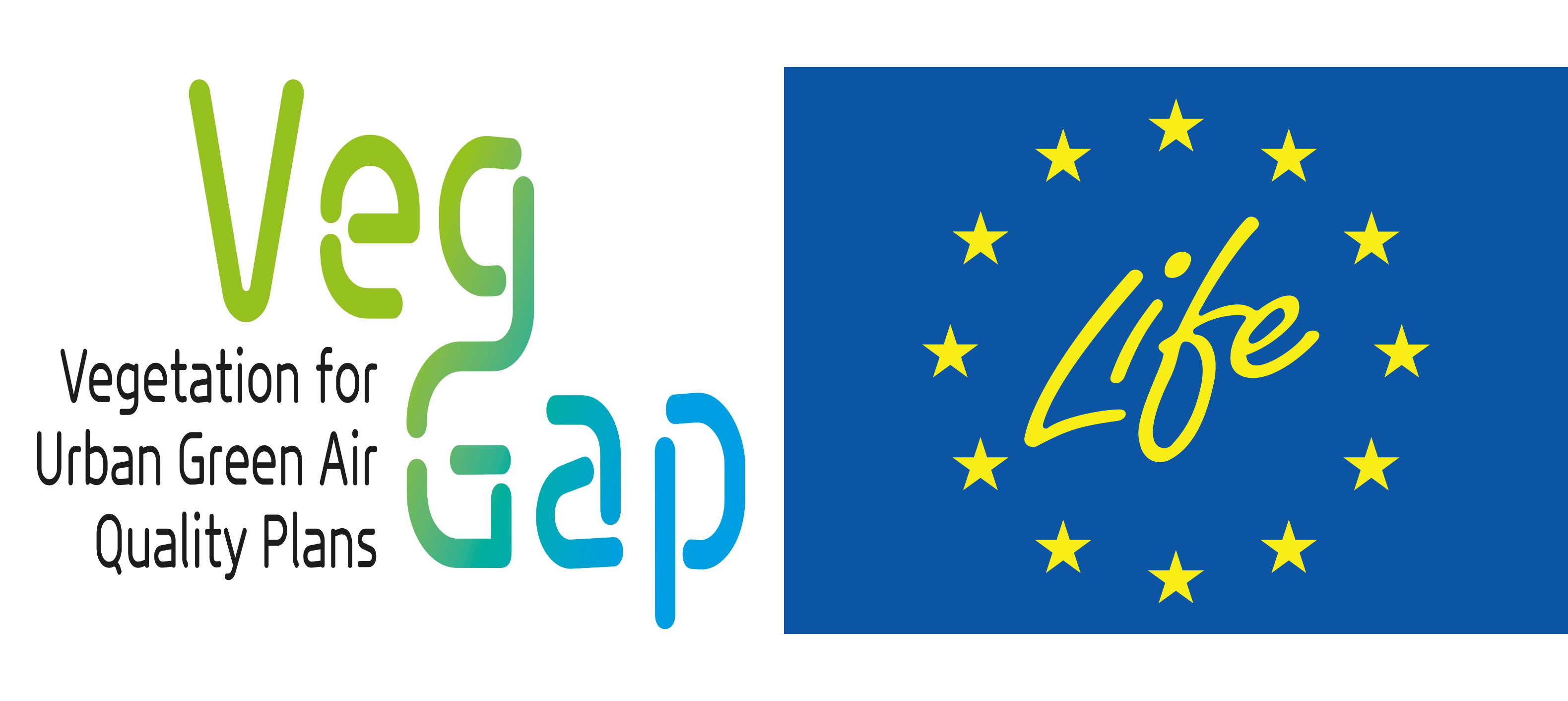VEG-GAP
Vegetation for Urban Green Air Quality Plans

Programme: LIFE18-PRE
Lifetime: November 2018 – December 2021
Key words: green city, air quality, pollution, climate, smart city, vegetation, management, environment
Objective: VEG-GAP project aims to develop a strategy for providing new reliable information in support of designing urban Air Quality Plans (AQPs) considering the urban ecosystems/vegetation characteristics, specifically considering the vegetation contribution on urban ecosystems and micro-climate. In the urban areas lives the majority of world population, and the cities produce 75% of toxic emissions on air; the assumption is that urban green could be an opportunity to improve the air in our cities, reduce the air pollution and the consequences of climate change and to enhance citizens’ health and their quality of economic, social e cultural life. The project will do specific studies in three cities partner (Bolonia, Madrid, Milan) to investigate effects of the urban green on air pollution, particularly about atmospheric particolato, ozone and nitrogen dioxide and on air temperature, with an integrated approach focused also on mobility, buildings and vegetation. Project addresses elaboration of the first methodology and Municipalities’ supporting instruments to plan green infrastructures (woodland, trees, lawns, roofs and green walls...) in the cities, preferring better ways for humans’ health e for vegetation too, increasing benefits also for biodiversity and to combat urban ecosystems deterioration.
Partnership:
- ENEA - Italian National Agency for New Technologies, Energy and Sustainable Economic Development, Italy (lead partner)
- ARIANET, Italy
- Città Metropolitana di Bologna, Italy
- Comune di Milano, Italy
- CREA - Consiglio per la ricerca in agricoltura e l’analisi dell’economia agrarian, Italy
- Università Politecnica di Madrid, Spain
- Città di Madrid, Spain
- MEEO - Meteorological Environmental Earth Observation, Italy
Website: http://www.lifeveggap.eu/
Project video: https://youtu.be/tuqUX-0GX10
Layman's report: Veg-Gap Layman's report
Publication: "Vegetation for urban green air quality plans"
> Video